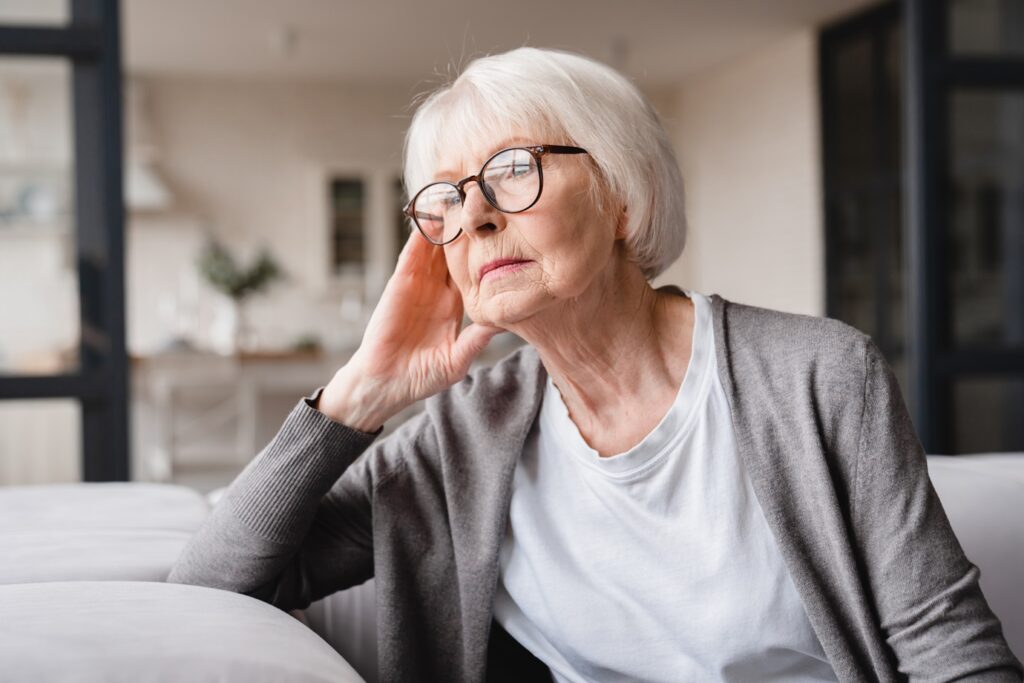The number of dementia medication prescriptions has jumped by 46 per cent in Australia in the past decade as more people seek therapies to help slow the progression of the disease.
This finding comes from the Australian Institute of Health and Welfare’s latest report on dementia.
Titled ‘Dementia in Australia’, the report also found that about one in every 11 deaths in Australia are due to dementia, with 17,800 deaths in 2022. Nearly two-thirds of these deaths were women (11,300) and one-third men (6,600).
The leading cause of death for women, dementia is an umbrella term for several diseases that over time destroy nerve cells and damage the brain, affecting memory, thinking and the ability to perform daily activities. The most common form of dementia is Alzheimer’s disease.
In 2023, AIHW estimates there were 411,100 Australians living with dementia, equivalent to 15 people with dementia per 1,000 Australians, which increases to 84 people with dementia per 1,000 Australians aged 65 and over. Nearly two-thirds (63 per cent) of Australians with dementia are women.
While there’s currently no known cure for dementia, four medications for the disease are available under the Pharmaceutical Benefits Scheme and Repatriation Pharmaceutical Benefits Scheme. They are Donepezil, Galantamine, Rivastigmine and Memantine, and may assist in managing dementia symptoms and slow progression.
The report shows almost 688,000 dementia medication prescriptions were dispensed to around 72,400 Australians aged 30 and over in 2022-23. That represented a 46 per cent increase from 2013-14, when just over 472,000 scripts were given to about 50,800 people.
This almost 50 per cent increase is likely due to factors such as a rise in diagnosis rates for dementia, increased awareness and a greater willingness for healthcare providers to prescribe medication, according to Professor Matthew Kiernan, the chief executive and director of Neuroscience Research Australia.
The Dementia Awareness Survey, the largest nationally representative community survey of its kind in Australia, found that Dementia knowledge was higher among women; people with higher levels of education and income; and people who have worked with, or have a family or friend with, dementia.
Almost all Australians (99.6 per cent) do one or more things to reduce their dementia risk, such as being physically (77 per cent), cognitively (77 per cent) or socially active (70 per cent).
In 2022-23, GPs prescribed 50 per cent of initial scripts of dementia medications, however, they can only do this after the patient’s diagnosis of Alzheimer’s disease has been confirmed by a specialist.
The report also said there was a 34 per cent increase in the number of people dispensed dementia-specific medications for the first time, mostly due to the ageing population of Australia.

